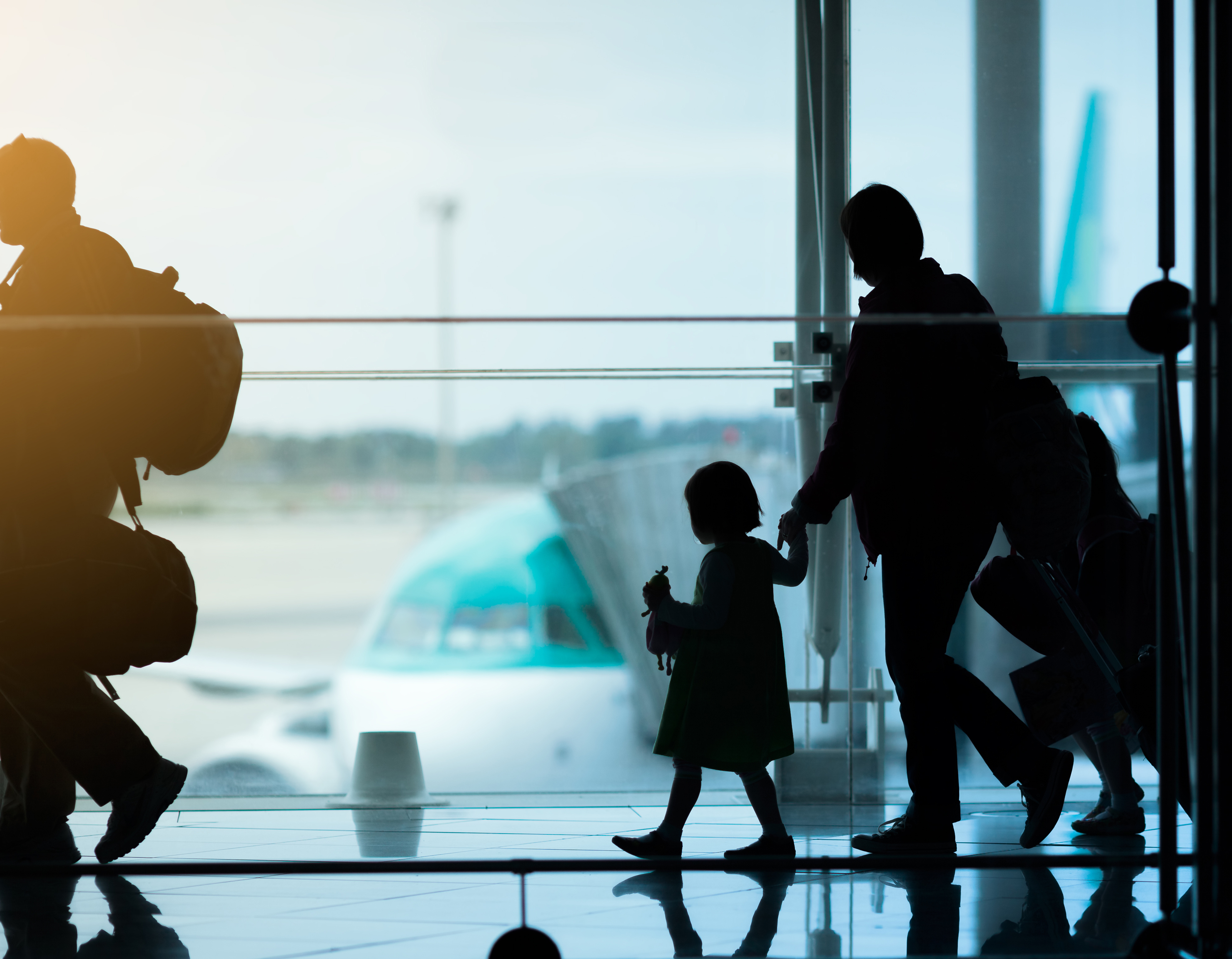Travelling with a disability is not easy. It requires planning, a supportive attendant, and an open mind. March break is around the corner and for months my clients have been asking me about travelling with a disability. Here are some pointers:
1. Book the trip with a travel agent who specializes in disability, either by interest or circumstance (some have disabilities themselves), if you can. These agents understand that “accessibility” is not an inclusive term, and with personal experience, or feedback from other patrons, they can customize the trip to meet the needs of your unique situation. Check out www.accessholidays.ca as an example.
2. Planning goes a long way. Send pictures of your equipment, measurements, and get pictures and measurements in return. Disclose the nature of your disability if you are comfortable with that, and be clear about what you can and cannot do.
3. Travel with an attendant. On a trip to Alaska there was a man from our town also on the boat who had a mobility impairment. He did not have an attendant with him and was constantly asking other patrons to help him. They were willing to comply, but at times his needs were not met, and it would have been best for him and the other travellers if he had someone with him who understood these and was trained to assist him with the same.
4. Look at all your equipment options. Can you rent something smaller or lighter that might be easier to lift, will fit into narrower places, or can you rent devices when you arrive? I just provided a client with photos of devices, different from the ones he uses daily, that he could consider renting to facilitate his upcoming overnight to a waterpark with his children.
5. Become informed. Check out these government resources. Did you know that in Canada, if you have a disability and are flying domestically, you may be eligible for extra seating, support, or your attendant can fly for free? Learn more from Westjet. Or that Easter Seals offers a Disability Travel Card for buses and trains? Also, if you have a disability and require someone to assist you through an airport to the gate, or at the gate through security and customs, there are special passes that can be obtained for this. In Florida there is a rehabilitation program for people with spinal cord injuries that includes “project airport” and this takes wheelchair uses through an airport, onto a plane, and helps them understand how they can successfully manage this despite a physical impairment. Many magazines (Abilities for one) often has articles on accessible travel and these highlight many different places that are great to visit, and some of the things to think about before you leave or when you arrive.
6. Talk to an Occupational Therapist. Occupational therapists have a wealth of knowledge about how people with different conditions can adapt their environment or equipment to manage. Consider seeking our expertise if you are embarking on a journey outside of your typical space. Together we can discuss strategies and solutions that can help ensure your vacation is successful.
Safe travels!

